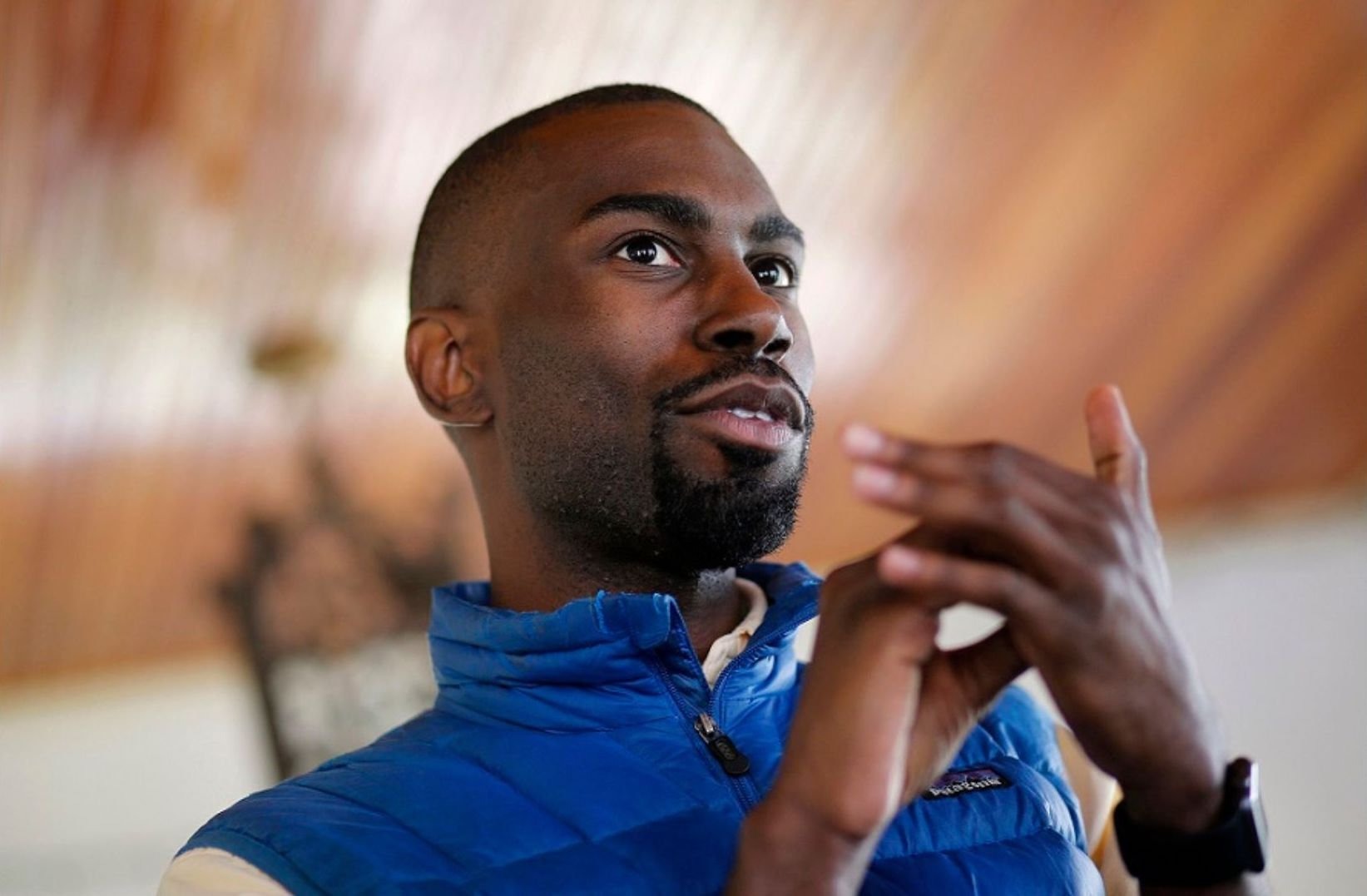The Supreme Court has decided not to review the First Amendment defense of activist DeRay Mckesson in a lawsuit brought by a police officer who was injured during a 2016 protest Mckesson organized.
The protest was held in Baton Rouge, Louisiana, following the police shooting of Alton Sterling, and during the event, the officer was struck by a “rock-like object,” resulting in brain trauma, among other injuries.
Although Mckesson did not throw the object nor directly incite violence, the injured officer claims that Mckesson’s role in leading the protest makes him liable for the actions of the attendees.

This legal battle has seen the Supreme Court previously remand the case to determine if state law allowed for the officer to seek damages, which Louisiana’s highest court affirmed.
The 5th U.S. Circuit Court of Appeals subsequently rejected Mckesson’s First Amendment claim, leading to his appeal to the Supreme Court, which the justices have now declined to hear.
This case raises complex issues about the extent of responsibility leaders hold for the actions of their followers during protests and the implications for First Amendment rights.

The officer’s attorney argues that Mckesson’s organizing of a protest that blocked a roadway constitutes illegal activity, making any injuries a foreseeable consequence.
This perspective challenges the precedent set by a 1982 Supreme Court decision which protected the NAACP from liability for violent incidents during a civil rights boycott they endorsed.

